RS assembly in permanent session
The political crisis in Bosnia is not abating; Bosnian Serbs, Miroslav Lajčak, still fail to see eye to eye.
Tuesday, 06.11.2007.
09:17

The political crisis in Bosnia is not abating; Bosnian Serbs, Miroslav Lajcak, still fail to see eye to eye. The Republic of Srpska (RS) assembly in Banja Luka has late Monday decided to enter a state of permanent session, after no progress was made in talks between the High Representative Miroslav Lajcak's legal team and that from the authorities of the Bosnian Serb entity. RS assembly in permanent session The crisis sprang in the wake of the high representative's decision to chage the rules of procedure in the decision making process on the Bosnia-Herzegovina level, and subsequent reactions and interpretations of his moves coming both from Banja Luka and Belgrade. Lajcak expanded on his view of the situation in an exclusive interview with B92 late last week. Yesterday, the RS assembly debated ways of resolving the current deadlock over the measures, which Lajcak says he will not withdraw, while the Bosnian Serbs insist they cannot not accept in their current form. The assembly also said that there were "no conditions for the normal functioning of the Bosnia-Herzegovina parliamentary assembly," and called on this institution not to hold any sessions for the time being, "in order to provide additional time for an agreement to be made over the acts and to avoid further complication of the situation." "The only topic that these organs ought to urgently discuss is the state of affairs after the imposed decisions by the high representative, and the demands to change the rules of procedure," the RS assembly said in its conclusions published Monday. The statement also calls on all joint institutions in Bosnia-Herzegovina to establish inner relations in the spirit of good will, and desist from any attempt to outvote other constitutive nations or any of the two entities, "even if some imposed procedures provide them with an opportunity to act in this way." "Outvoting would be essentially in contravention with the Dayton Peace Accord and the Bosnia-Herzegovina constitution, and cannot be accepted as valid, nor could it be implemented in practice," the assembly concluded. Anything of the sort, Bosnian Serb lawmakers said, would "inevitably call for action to protect the constitution, rule of law and rights of constitutive peoples and entities." They also backed former Bosnian Council of Minister's Chairman Nikola Spiric's decision to step down, describing it as a move in protest of the high representative's latest measures. 68 Serb members of the assembly voted in favor of the adopted conclusions, while the six Bosniaks were against. The assembly's official reaction came in the wake of news that the latest round of talks between legal experts from the Office of the High Representative (OHR) and the Republic of Srpska fell through. RS justice minister, Gerard Selman, told reporters in Banja Luka that there was basis to arrive at an agreement over amending Lajcak's measures, bur that optimism was waning compared to previous meetings dedicated to the same subject, held last week. The meetings are set to continue on Wednesday and Friday, while the legal experts will today exchange written proposals on ways to amend the high representative's decisions. Selman said he hoped for an agreement, and added it will be known Friday at the latest whether Lajcak's changes will be amended, and thus made acceptable for the Bosnian Serbs. He added the discussion so far centered more on Lajcak's decisions than their authentic interpretation. Lajcak himself said earlier Monday that there was space to remove any misgivings over his measures concerning the functioning of the Council of Ministers and to eliminate the possibility of misinterpretation. According to Lajcak, that is the mandate of the legal experts who are offering proposals to their RS counterparts. The Slovakian diplomat also said he expected everyone to look for a way out of the current crisis, and added he wished to see "less heavy words and accusations, and more serious work."
RS assembly in permanent session
The crisis sprang in the wake of the high representative's decision to chage the rules of procedure in the decision making process on the Bosnia-Herzegovina level, and subsequent reactions and interpretations of his moves coming both from Banja Luka and Belgrade.Lajčak expanded on his view of the situation in an exclusive interview with B92 late last week.
Yesterday, the RS assembly debated ways of resolving the current deadlock over the measures, which Lajčak says he will not withdraw, while the Bosnian Serbs insist they cannot not accept in their current form.
The assembly also said that there were "no conditions for the normal functioning of the Bosnia-Herzegovina parliamentary assembly," and called on this institution not to hold any sessions for the time being, "in order to provide additional time for an agreement to be made over the acts and to avoid further complication of the situation."
"The only topic that these organs ought to urgently discuss is the state of affairs after the imposed decisions by the high representative, and the demands to change the rules of procedure," the RS assembly said in its conclusions published Monday.
The statement also calls on all joint institutions in Bosnia-Herzegovina to establish inner relations in the spirit of good will, and desist from any attempt to outvote other constitutive nations or any of the two entities, "even if some imposed procedures provide them with an opportunity to act in this way."
"Outvoting would be essentially in contravention with the Dayton Peace Accord and the Bosnia-Herzegovina constitution, and cannot be accepted as valid, nor could it be implemented in practice," the assembly concluded.
Anything of the sort, Bosnian Serb lawmakers said, would "inevitably call for action to protect the constitution, rule of law and rights of constitutive peoples and entities."
They also backed former Bosnian Council of Minister's Chairman Nikola Špirić's decision to step down, describing it as a move in protest of the high representative's latest measures.
68 Serb members of the assembly voted in favor of the adopted conclusions, while the six Bosniaks were against.
The assembly's official reaction came in the wake of news that the latest round of talks between legal experts from the Office of the High Representative (OHR) and the Republic of Srpska fell through.
RS justice minister, Gerard Selman, told reporters in Banja Luka that there was basis to arrive at an agreement over amending Lajčak's measures, bur that optimism was waning compared to previous meetings dedicated to the same subject, held last week.
The meetings are set to continue on Wednesday and Friday, while the legal experts will today exchange written proposals on ways to amend the high representative's decisions.
Selman said he hoped for an agreement, and added it will be known Friday at the latest whether Lajčak's changes will be amended, and thus made acceptable for the Bosnian Serbs.
He added the discussion so far centered more on Lajčak's decisions than their authentic interpretation.
Lajčak himself said earlier Monday that there was space to remove any misgivings over his measures concerning the functioning of the Council of Ministers and to eliminate the possibility of misinterpretation.
According to Lajčak, that is the mandate of the legal experts who are offering proposals to their RS counterparts.
The Slovakian diplomat also said he expected everyone to look for a way out of the current crisis, and added he wished to see "less heavy words and accusations, and more serious work."










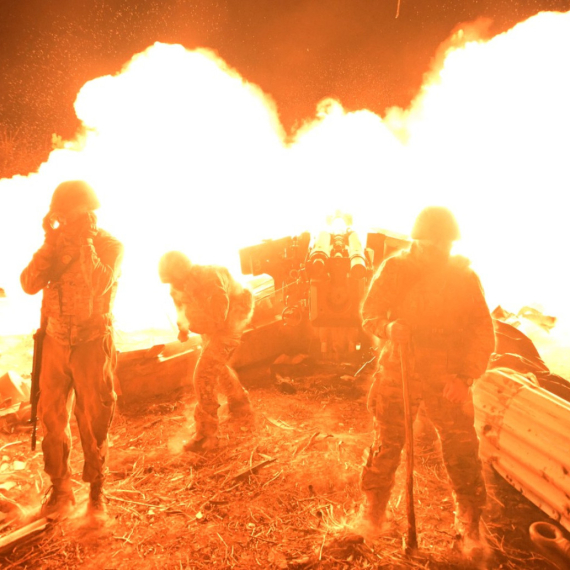


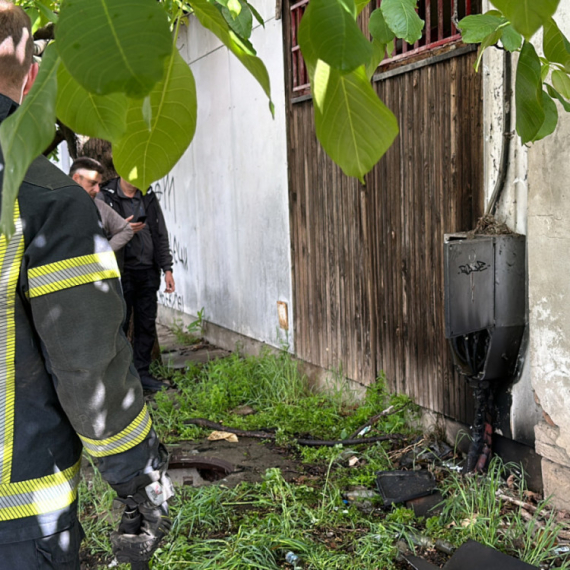


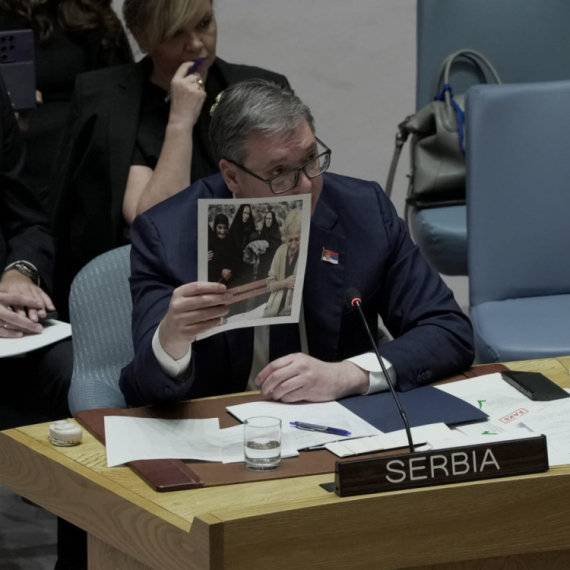
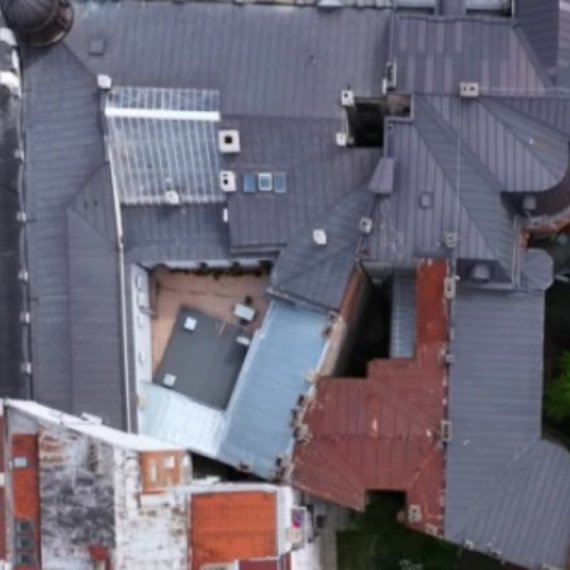


































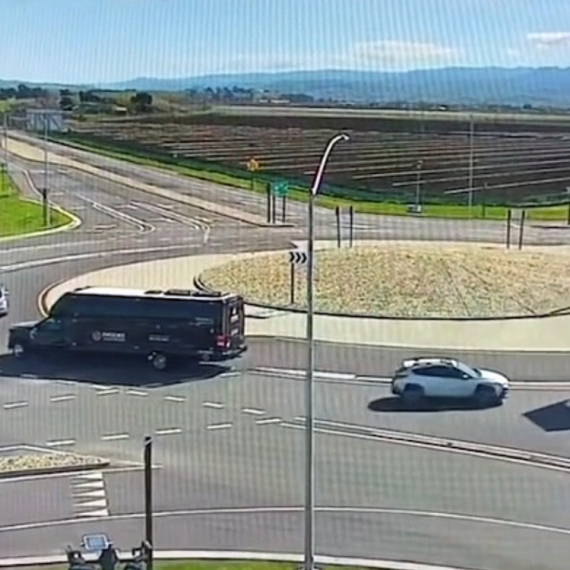






Komentari 7
Pogledaj komentare